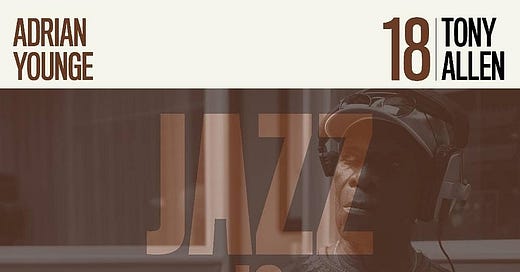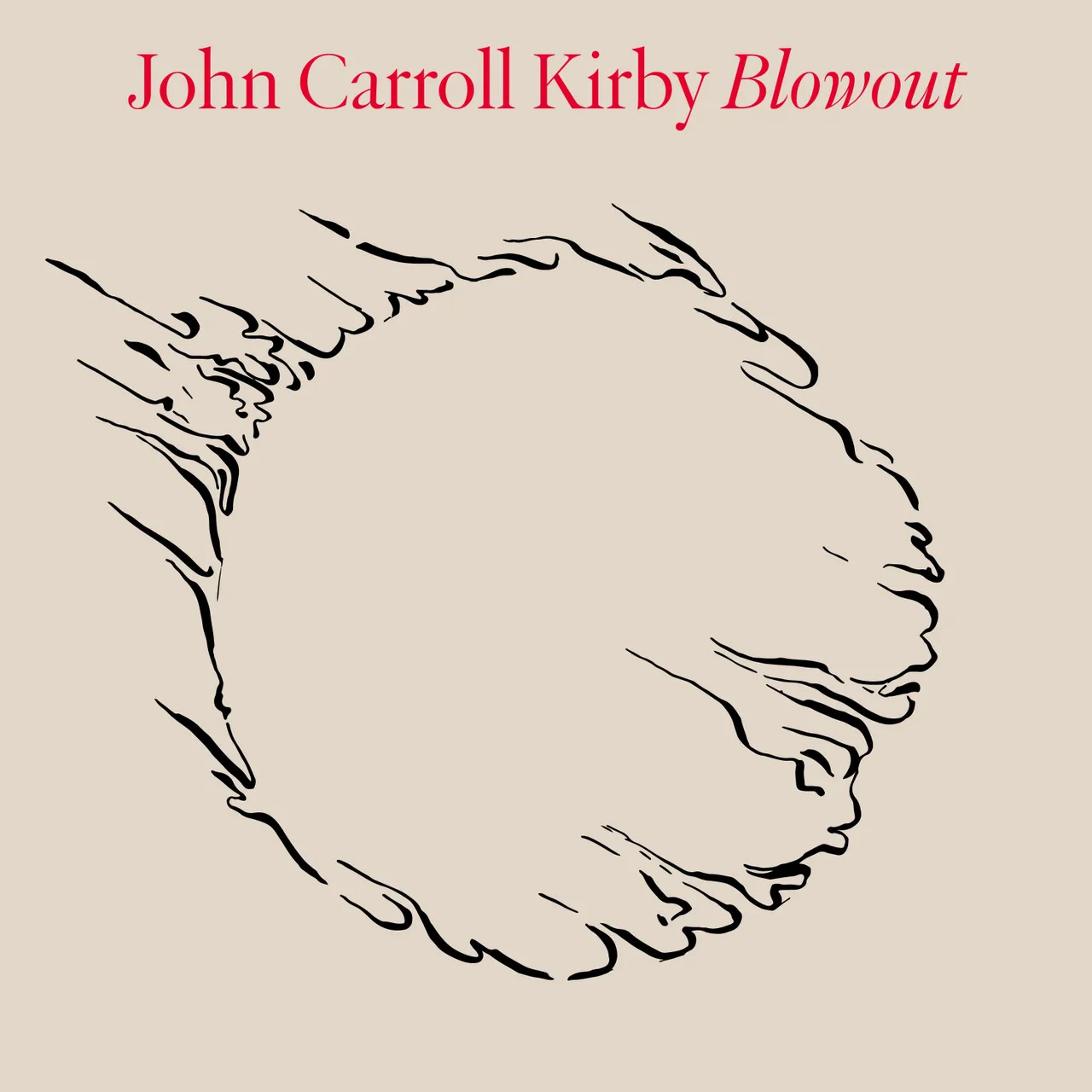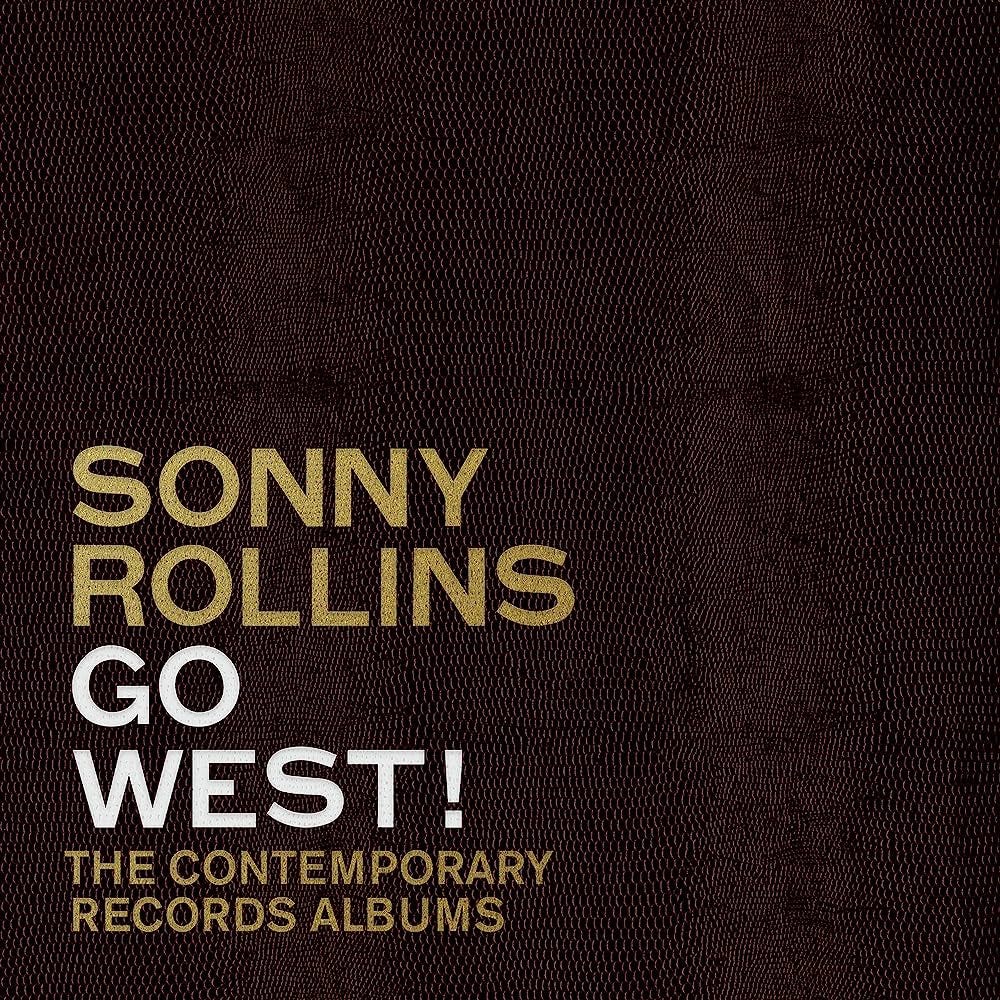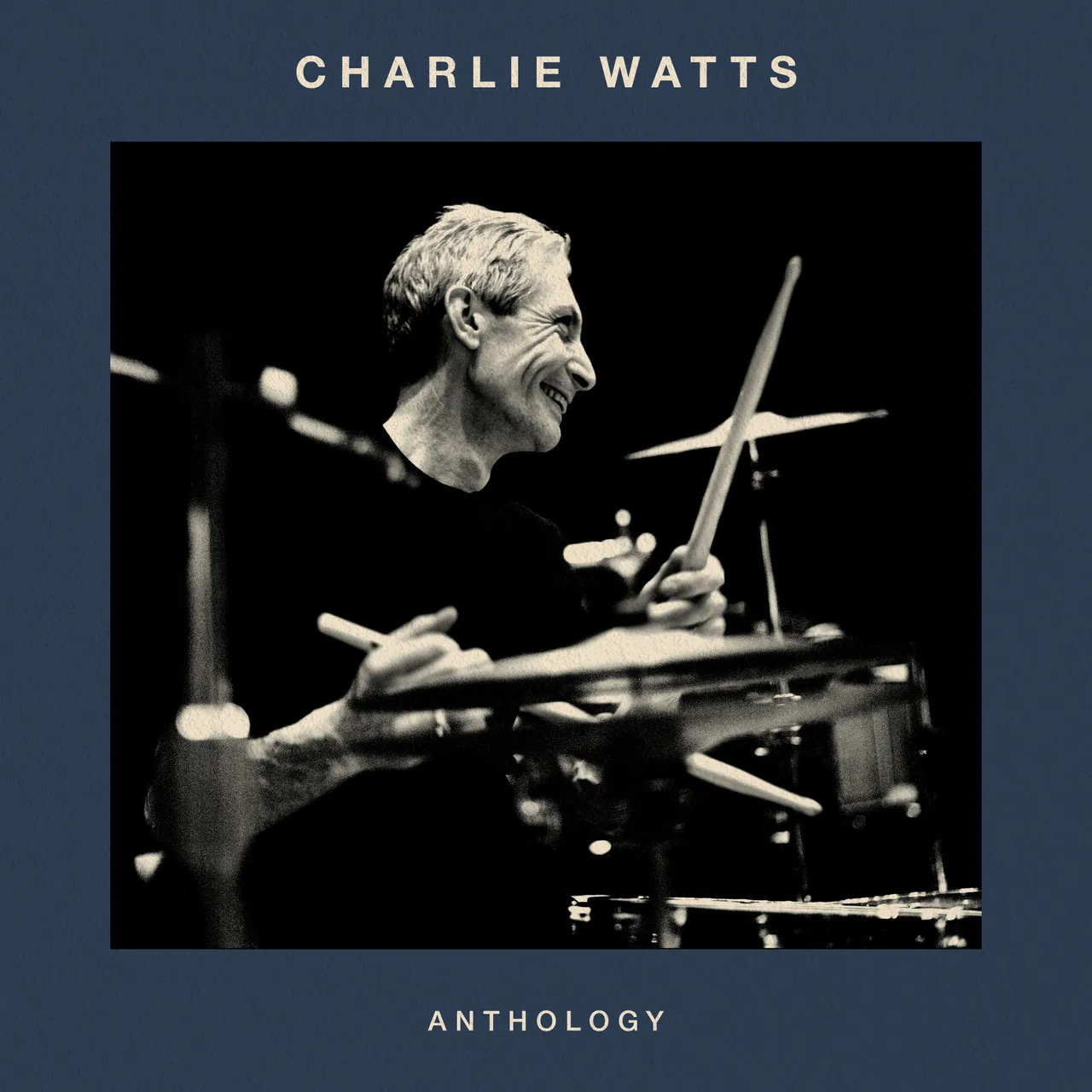Adventures in Listening, July 26, 2023: Music Without End
A round-up of instrumental and experimental music, featuring saxophone colossus Sonny Rollins, studio whiz John Carroll Kirby, and legendary drummers Tony Allen and Charlie Watts.
Tony Allen & Adrian Younge - JID018
Turns out jazz isn’t dead at all— though regrettably, the mighty Afrobeat drummer Tony Allen is. A couple of years before he died, Allen recorded a series of jams with producers Adrian Younge and Ali Shaheed Muhammad; for whatever reason those tracks are just now seeing the light of day, comprising the 18th installment in the long-running Jazz is Dead series. I’ve always liked this series in theory more than I have in practice, appreciating the desire to spotlight undersung musicians while finding many of the sessions to feel slightly underbaked. Not so with the Tony Allen entry, which is not only the best Jazz is Dead volume yet, but a surprisingly satisfying showcase for everything that made Allen such a colossal talent. His drums are turned way up in the mix here, sounding crisp and bright through eight songs of rumbling, polyrhythmic grooves. Younge, credited on every track, surrounds Allen with a full spectrum of funk signifiers: Horn sections, wah-wah guitars, Farfisa organs, greasy bass, trilling flutes. The songs bleed together a little, and the whole thing lasts just 27 minutes, but those are hardly complaints: This is sheer bliss for Allen devotees or funk lovers in general, and as its playing, it feels as though the groove will never stop.
John Carroll Kirby - Blowout
You’ve probably heard John Carroll Kirby play, even if you’ve never heard his name. A go-to keyboard player for Harry Styles, Frank Ocean, and Solange, Kirby takes a busman’s holiday on Blowout, relaxing into some easy-listing, low-stakes funk. The album is an appealingly cheerful, energetic, and thoroughly undemanding assortment of calypso, bossa nova, and vaguely psychedelic jazz; a sample-platter of exotica that’s all performed with squelchy synths and chintzy pianos, decked out with live drums and woodwinds. Kirby presents his music with good humor but never any irony: He doesn’t take himself too seriously but neither does he condescend to the folks who genuinely like this kind of smooth, wiggly Muzak. For me, Blowout has provided just the kind of gentle breeze I need during the dog days of summer. Sample album highlight “Hotel Johnny Chingas” to hear Kirby at his rumbling, danceable best.
Sonny Rollins - Go West! The Contemporary Records Albums
I could name some better bandleaders and some more visionary composers, but in terms of expressive improvisations and narratively-coherent soloing, there’s no horn player I love more than Sonny Rollins. A new box set rounds up a couple of late-50s albums that Rollins made for the Contemporary Records label, plus a smattering of bonus cuts and alternate takes from the same era. The bonus material has all been heard before, on previous Rollins re-issues, while one of the albums, Sonny Rollins and the Contemporary Leaders, is edgeless and fairly forgettable. So what we’re really talking about here is the landmark album Way Out West, featuring the iconic image of a Stetson-wearing Rollins on its front cover. Enlivened by the freedom of his rangy sax-bass-drums trio, Rollins uses the album to explore the mythic qualities of the American frontier— the possibility of wide-open spaces, and both the promise and the threat of endless solitude. Of course that includes a luxuriously-paced take on Ellington’s “Solitude”— maybe my favorite version of the song, aside from the one on The Popular Duke Ellington— and several songs that allow Sonny to shred while his rhythm section ranges in speed from a trot to a gallop. Don’t forget the sound effects: Both “I’m an Old Cowhand” and “Wagon Wheels” use wood blocks to imitate the clip-clop of a bronco. As a box set this isn’t that notable, but there’s never a bad time to discover or rediscover Way Out West— one of the best-ever showcases for Rollins’ genius as a soloist, right up there with Saxophone Colossus, The Bridge, Tenor Madness, and the breathtaking Silver City anthology.
Charlie Watts - Anthology
In addition to being the heartbeat of The Rolling Stones, the late Charlie Watts was also an ardent devotee to big band swing, using any break he could get from the Stones’ relentless touring schedule to indulge his jazz fantasies. A new compilation rounds up some of the orchestral work he did over the years, offering live tracks, unreleased gems, and a total of 2.5 hours of elegance and ease. Were it not for his rock and roll celebrity, Watts would probably never have his instrumental work anthologized in this way, which is not at all to say that he’s a subpar timekeeper— only that he blends seamlessly into the big band tradition, never showboating or seizing the spotlight. The music contained here is unremitting in its cheerful energy: Old chestnuts like “Stompin’ at the Savoy” and “Take the ‘A’ Train” are performed faithfully but not without stylish panache and ample vim and vigor. The middle of the album briefly breaks away from the big band milieu for some smaller-scale, rhythmic experiments with drummer Jim Keltner, the two men paying expressive tribute to forebears like Roy Haynes and Elvin Jones. The best material comes at the end, with a handful of songs that split the difference between Watts’ orchestral ambitions and his rock and roll bona fides— check the raucous take on “Rockhouse Boogie,” and a hard-charging original called “Swindon Swing.” All told, this Anthology evinces a different side of Charlie Watts, reaffirming not only his expansive skill but also his suave demeanor and abiding good taste.









Jason Aldean?